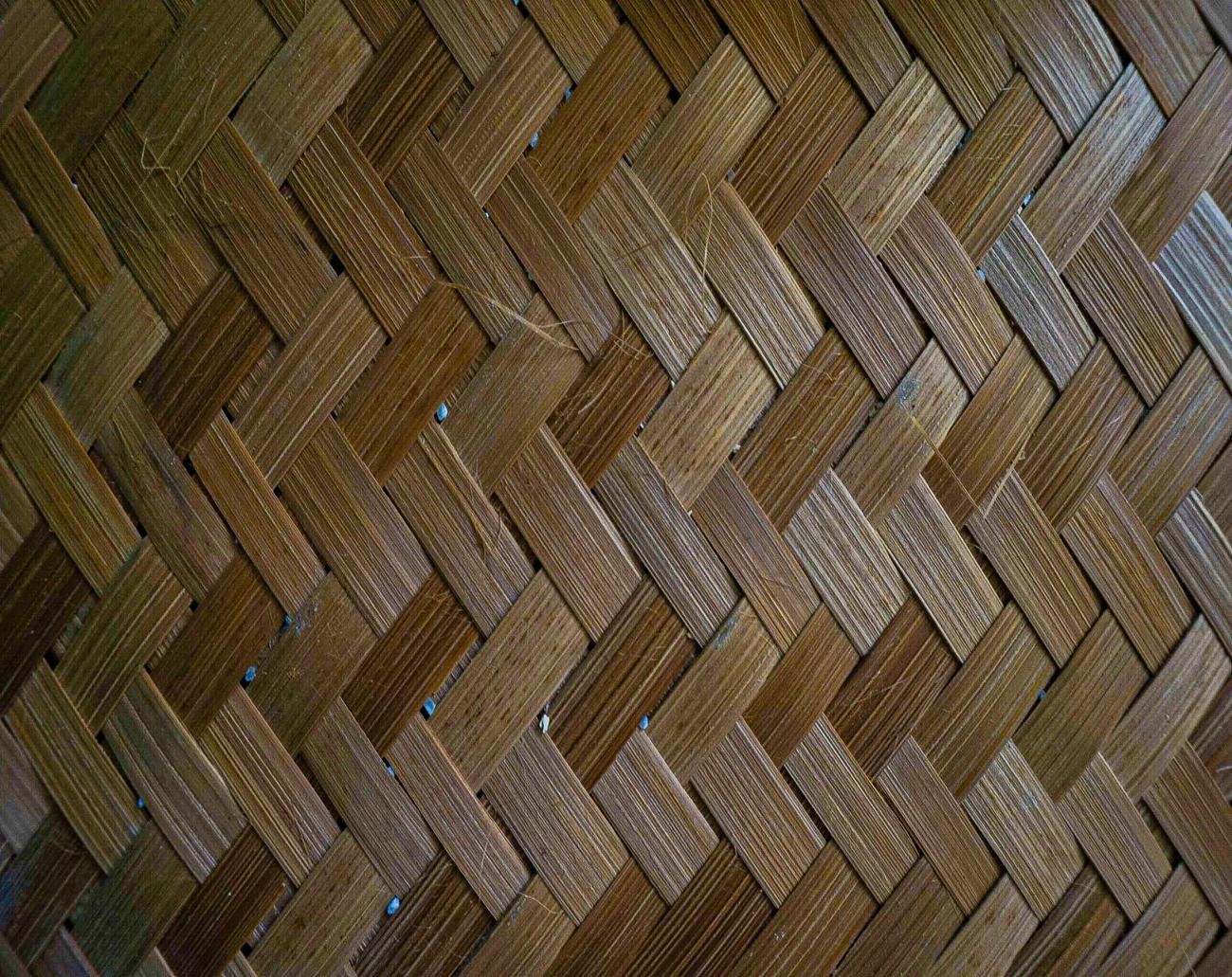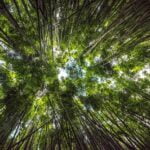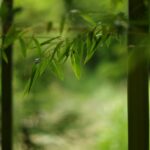Bamboo Fiber Unveiled: Surprising Facts and Environmental Impact
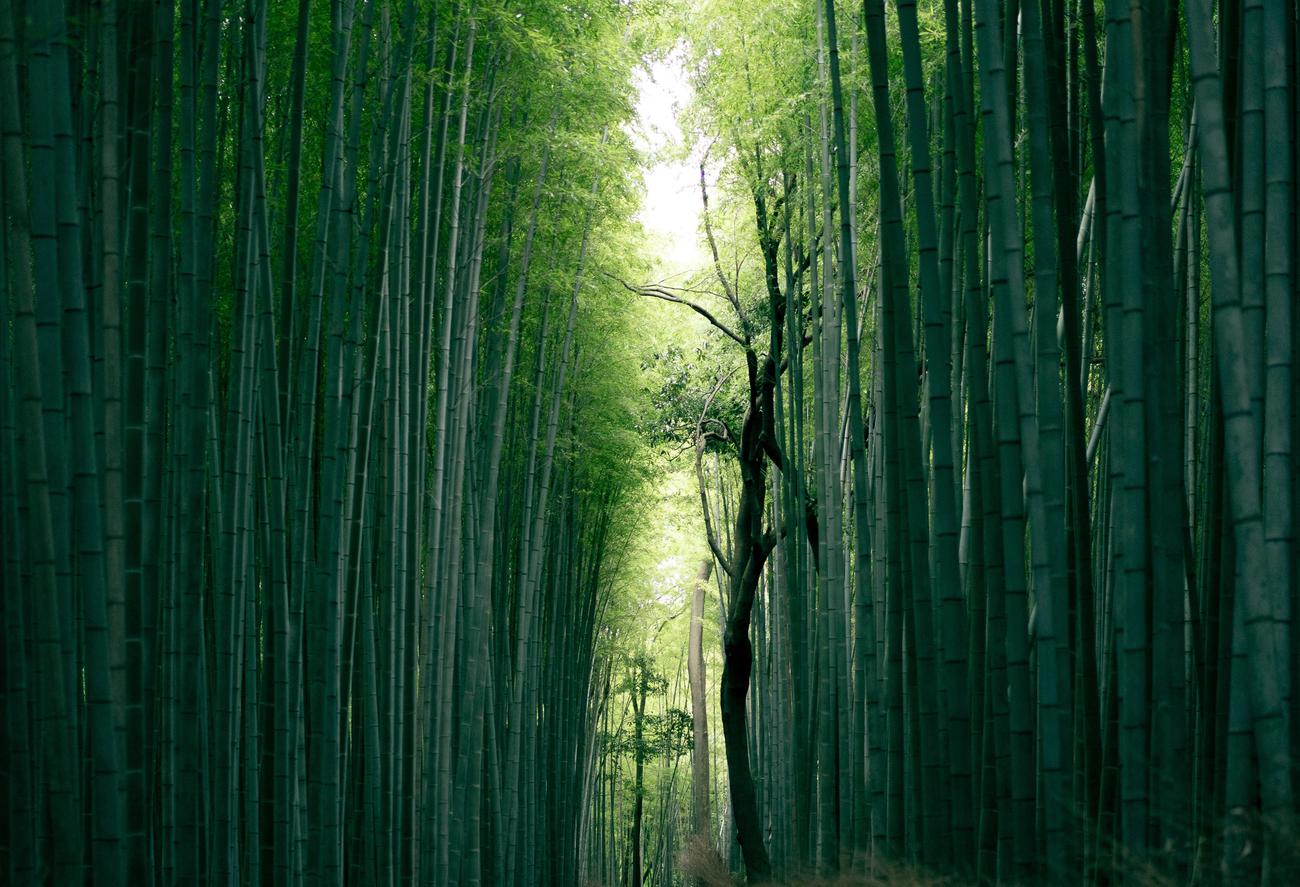
Prepare to be amazed as we embark on a journey through the extraordinary world of bamboo fiber. In this article, we will delve into the lesser-known facts surrounding this natural wonder, challenging common perceptions with intriguing discoveries. Get ready to have your mind blown as we explore the surprising properties of bamboo fiber and its remarkable impact on our environment. From its versatility in the fashion industry to the incredible benefits it brings, this is a deep dive into the unexpected wonders of bamboo fiber.
Surprising Facts About Bamboo Fiber
When it comes to sustainable textiles, one name that keeps popping up is bamboo fiber. This seemingly humble plant holds a wealth of surprising facts that challenge our preconceived notions. Brace yourself as we unveil the fascinating world of bamboo fiber and its incredible environmental impact.
1. Fastest Growing Plant ➜ Did you know that bamboo is the fastest growing plant in the world? It can shoot up a staggering 35 inches in just one day! This rapid growth makes bamboo an abundant and renewable resource, perfect for sustainable fashion.
“Bamboo’s impressive growth rate is a testament to its resilience and ability to thrive in diverse environments.”
2. Natural Air Purifier ➜ Beyond its speedy growth, bamboo has another remarkable quality—it acts as a superior air purifier. Through a process called transpiration, bamboo releases an astonishing amount of oxygen, generating up to 35% more oxygen than an equivalent amount of trees.
“Bamboo breathes life into the surrounding environment by absorbing carbon dioxide and exhaling oxygen, creating a refreshing atmosphere.”
3. Chemical-Free Wonder ➜ One of the most surprising aspects of bamboo is its incredible ability to grow without the need for chemicals, pesticides, fertilizers, or even watering. This makes it an eco-friendly alternative to traditional wood, which often requires intensive maintenance.
“Bamboo’s self-sufficient nature highlights its potential as a sustainable solution in the fashion industry.”
4. Soil Steward ➜ Unlike other crops that deplete the soil, bamboo improves soil quality. Its extensive root system helps prevent soil erosion, making it an excellent choice for erosion-prone landscapes. Additionally, the fallen leaves of bamboo create a nutrient-rich mulch that enriches the soil.
“Bamboo’s commitment to nurturing the earth paves the way for regenerative agriculture practices.”
5. Versatile and Strong ➜ Although it may seem delicate, don’t be fooled by bamboo’s slender appearance. Bamboo can be stronger than steel, making it a highly versatile material for various purposes, including construction, flooring, and even textile production.
“Bamboo’s strength and flexibility put it in a league of its own, challenging conventional notions of material strength.”
6. The Soft Touch ➜ Bamboo fiber is renowned for its luxurious feel that rivals even the softness of cashmere and silk. It surpasses cotton in terms of softness while offering exceptional moisture absorption and breathability—a true sensation against the skin.
“Bamboo fiber wraps you in unparalleled comfort, creating a sensory experience like no other.”
7. Antibacterial and Deodorizing ➜ Did you know that bamboo fiber towels possess remarkable natural functions? Thanks to bamboo’s inherent antibacterial properties, towels made from bamboo fiber are not only gentle on the skin but also resist the accumulation of bacteria and unwanted odors.
“With bamboo fiber towels, you can enjoy a fresher, healthier, and more hygienic drying experience.”
8. Eco-Friendly and Biodegradable ➜ One of the most vital aspects of bamboo fiber is its eco-friendly nature. Unlike synthetic fibers that take centuries to decompose, bamboo fiber is biodegradable, ensuring minimal environmental impact and a reduced carbon footprint.
“Bamboo fiber offers a sustainable alternative, aligning fashion with the principles of ecological responsibility.”
In essence, bamboo fiber has an incredible story to tell. From its astonishing growth rate to its versatile applications, it opens up new possibilities in the world of sustainable fashion. Embrace the wonders of bamboo and join the movement towards a greener, more conscious industry.
“Surprising facts about bamboo fiber unfold a world of sustainable marvels and redefine our perception of textile alternatives. Discover the hidden potential of bamboo as it weaves its way into the heart of fashion and sustainability.“
Bamboo fabric holds a plethora of fascinating secrets. Did you know that bamboo is one of the fastest-growing plants on earth, making it incredibly sustainable? Not only is it eco-friendly, but bamboo fabric also possesses natural antimicrobial properties, keeping clothes fresh and odor-free. If you’re intrigued and want to delve into more fun facts about bamboo fabric, click here: fun facts about bamboo fabric. Get ready to be amazed by the wonders of this versatile and sustainable material!
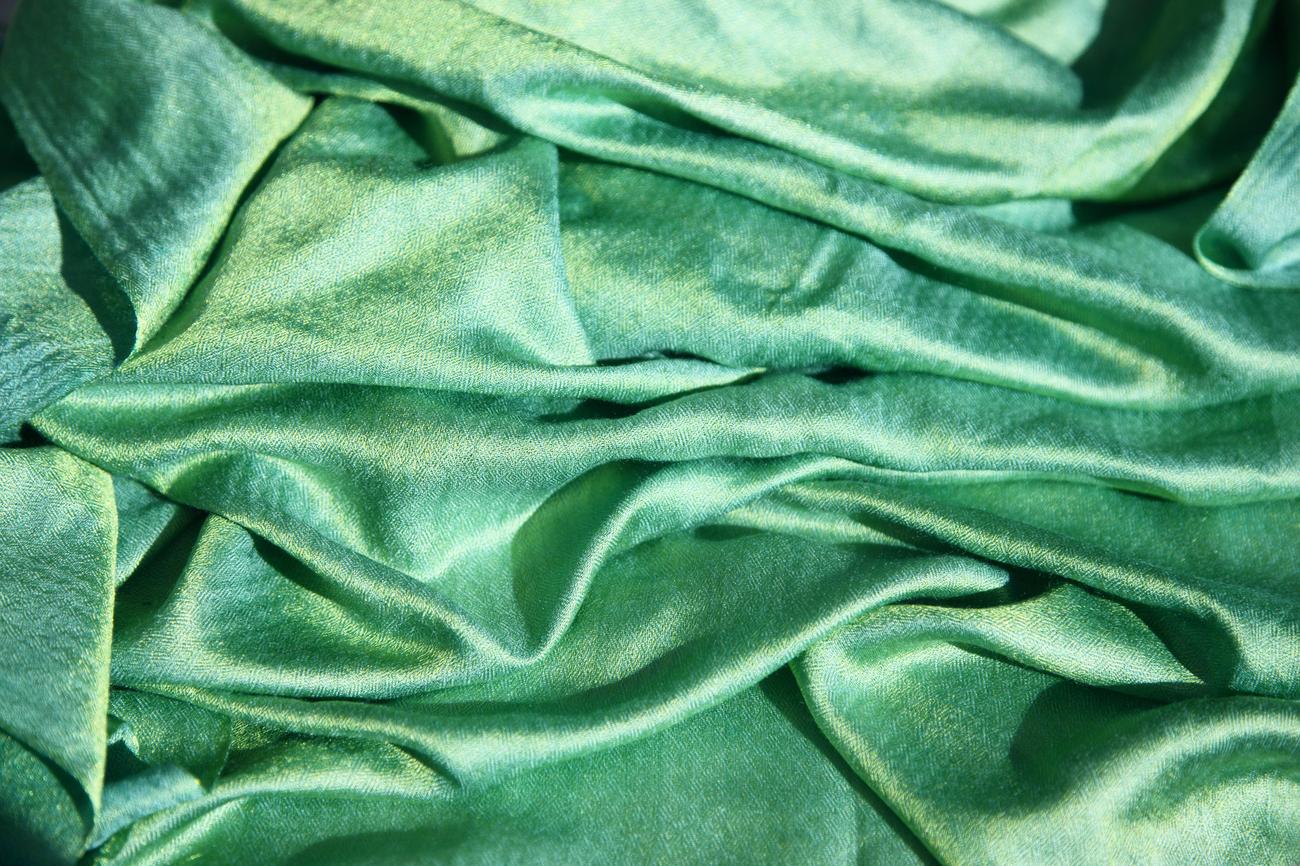
FAQ
Q: What makes bamboo fiber eco-friendly?
A: Bamboo is a sustainable and environmentally friendly material because it is the fastest growing plant in the world, absorbs carbon dioxide, and produces more oxygen compared to other plants. It does not require chemicals, pesticides, fertilizers, or watering to grow, improving soil quality instead of depleting it. Additionally, bamboo is a superior air purifier and can be a viable alternative to traditional wood.
Q: Is bamboo fiber stronger than steel?
A: Yes, bamboo can be stronger than steel. Despite its lightweight nature, bamboo fibers possess impressive tensile strength, making them incredibly durable in a variety of applications.
Q: What are the advantages of bamboo fiber compared to other materials like cotton?
A: Bamboo fiber offers several advantages over other materials like cotton. It is softer than cotton with properties similar to cashmere and silk, providing a luxurious feel. Bamboo fiber is also highly absorbent, preventing static electricity while maintaining excellent moisture absorption and air permeability. Additionally, bamboo fiber is antibacterial and deodorizing, making bamboo fiber towels an excellent choice for various purposes.
Q: How does bamboo contribute to environmental sustainability?
A: Bamboo plays a significant role in environmental sustainability. Its fast growth rate and ability to absorb carbon dioxide while producing more oxygen than trees make it an effective tool in combatting climate change. Bamboo plantations are beneficial in reducing greenhouse gas emissions. Moreover, bamboo’s root system helps prevent landslides and erosion while also protecting against earthquakes.
Q: What cultural symbolism does bamboo hold?
A: Bamboo is revered in many cultures and symbolizes strength, flexibility, and resilience. Its ability to withstand challenging conditions while remaining flexible is often associated with personal growth and overcoming obstacles.
